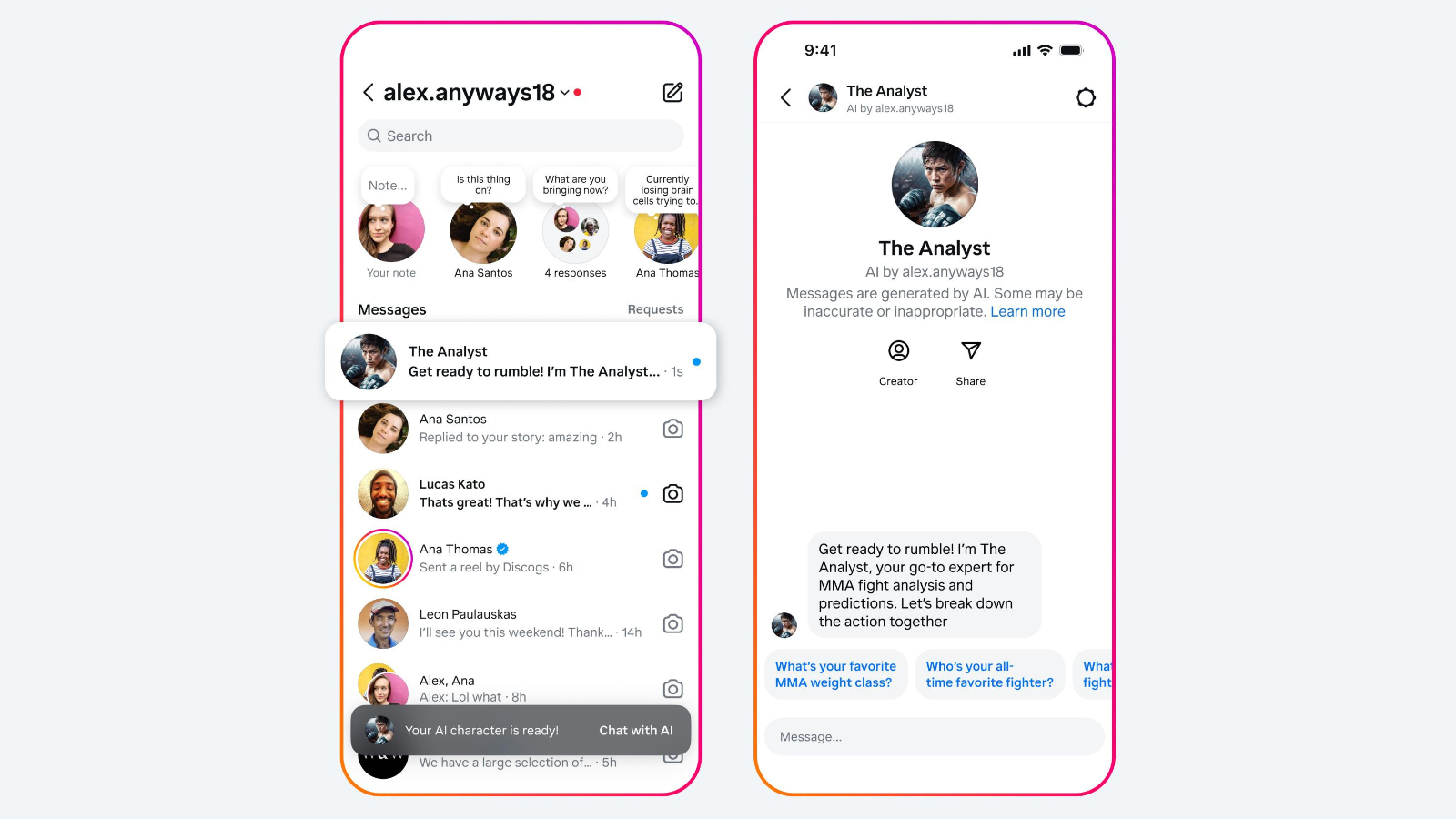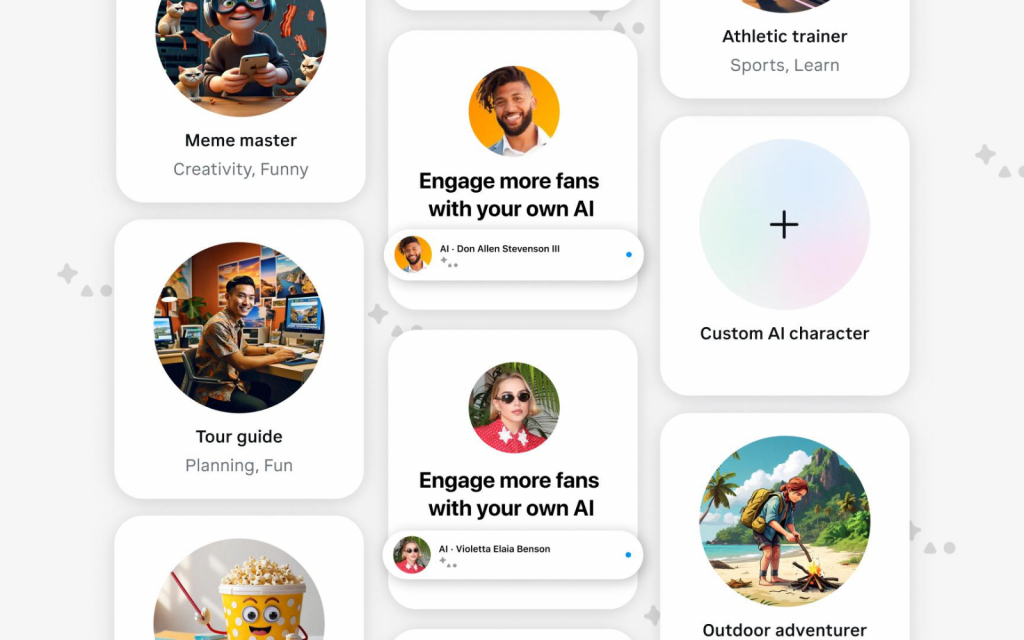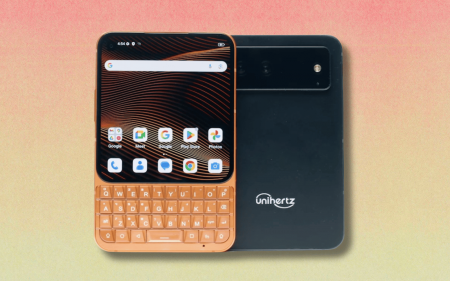We’d be willing to bet that you plummeted so far into the pits of cringe in your youth that you DM’d the odd celebrity on Instagram (Messi was busy, right?) before reflecting on your mistakes. Kids today won’t learn shame at Instagram’s knee the way we did. Not after Meta’s latest update, at least, which gives users a way to create an entirely artificial version of themselves that’ll interact with real-life people. And each other, we guess.
You get a chatbot, you get a chatbot!

The idea is to give creators, brands, and celebrities a way to engage with their followers without actually doing any work. Beyond the effort it takes to create and tweak their new chatbot, of course, using Meta’s new ‘AI Studio’ feature. Like most of Meta’s AI features, it’s rolling out to the US first before it makes its way elsewhere, though Meta hasn’t commented on when that might be.
“Anyone can create their own AI designed to make you laugh, generate memes, give travel advice and so much more,” Meta’s announcement reads. “Creators can also make an AI as an extension of themselves to answer common DM questions and story replies, helping them reach more people.”
Users can head to the AI Studio website to get their Llama 3.1-based AI model going, or by starting up a new “AI chat” within Instagram itself. Once a creator has a new AI clone, they can choose how it interacts with followers by teaching it the content its creator is familiar with, which topics to avoid, or the links you want it to share.
Read More: Instagram begins testing unskippable ads, proving that Meta can always do worse
You’re essentially PR training a chatbot, which can be directed to handle automatic replies if need be, or trained to only engage with specific accounts. If you aren’t interested in seeing yourself represented in AI form, you can create any number of personal AI chatbots to keep yourself entertained that needn’t interact in the real world.
This isn’t Meta’s first brush with AI chatbots. If you remember ‘Snoop Dogg, the Dungeon Master’, you’re already familiar with the basic concept. Except back then, it was reserved for a limited number of celebrities, whose chatbots included entirely different personas (see: Snoop Dogg, the Dungeon Master) and names to avoid any backlash from any overly enthusiastic messages.
The feature was never exactly a hit among users in the US. According to Connor Hayes, VP of product for AI Studio speaking with Engadget, the company’s first attempt didn’t quite pan out due to users being ‘confused’ by who or what they were talking to. “We think that going in this direction where the public figures can represent themselves, or an AI that’s an extension of themselves, will be a lot clearer,” he said.




